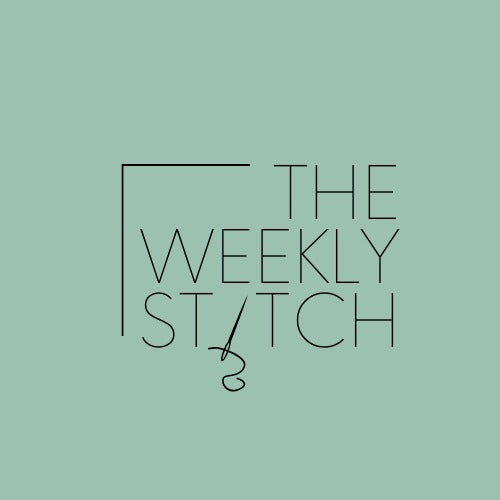Statement against modern slavery
It might feel obvious to say, but since not everyone in the fashion industry lives up to this standard, we want to state it loudly and clearly:
Honest Basics will never tolerate any form of modern slavery — including forced or bonded labour — and we will never work with factories that employ minors. Protecting the people in our supply chain is one of our most important responsibilities.
What this means in practice
The International Labour Organisation defines forced labour as:
"all work or service which is exacted from any person under the threat of a penalty and for which the person has not offered himself or herself voluntarily."
(Forced Labour Convention, 1930, No.29)
Additional definitions worth highlighting:
- Employees should always have informed consent on the type of work they voluntarily agree to do.
- Work should never be used as repayment for debt.
- Work should never be an exercise of discrimination.
Human trafficking and bonded labour often overlap. For example, people may be forced into labour camps, or migrants (whether international or domestic) are especially vulnerable to exploitation. In some cases, their travel documents are confiscated, or they are forced to work to pay off travel debts.
International standards on forced and child labour must be understood, respected, and followed by all production facilities. To ensure this, our partner factories undergo regular social assessments and audits, which specifically review recruitment practices and workers’ rights policies.
During these audits, for instance, management may be asked whether recruitment fees are ever charged to prospective employees (an indicator for debt bondage) or how the legal age of workers is verified and recorded.
Regarding child labour, all factories must also have a remediation plan in place. If a minor is ever found working, the factory is responsible for:
- Paying all owed wages,
- Covering any necessary health checks and medical costs, and
- Providing financial support during the child’s recovery and education.
These issues fall under our zero-tolerance policy. Any sign of weak policies or risk management would be immediately flagged. Aside from being unethical, these violations are, simply put, illegal. While we have never encountered such risks with our partners, we believe it’s important to acknowledge the seriousness of these issues — especially given that some regions in China continue to struggle with indentured labour.
Xinjiang
In Xinjiang, in northwest China, Uyghur and other Muslim minorities have been detained and subjected to forced labour. Child labour has also been reported. Beyond manufacturing, there are also accounts of agricultural workers being forced into labour outside of detention facilities.
The Uyghur region produces about 23% of the world’s cotton, and many large suppliers and fashion brands have been linked to goods made through this system of forced labour.
We are appalled by this reality and work carefully with our suppliers to ensure that none of our materials come from Xinjiang. Situations like this highlight why traceability and due diligence are absolutely essential in the fashion industry.
For up-to-date reporting on the situation, we recommend the Business & Human Rights Resource Center as a trusted source.




